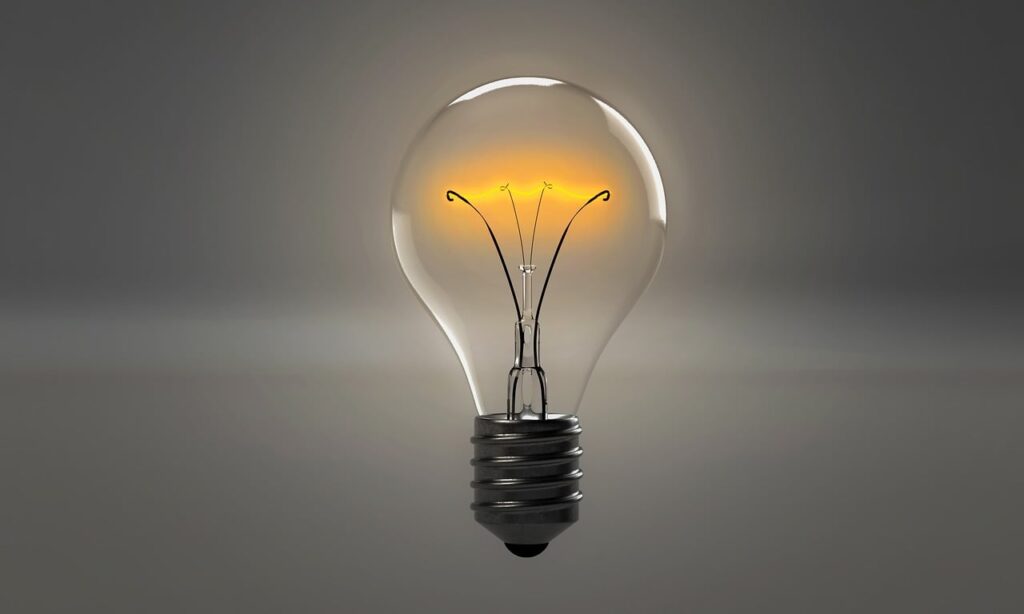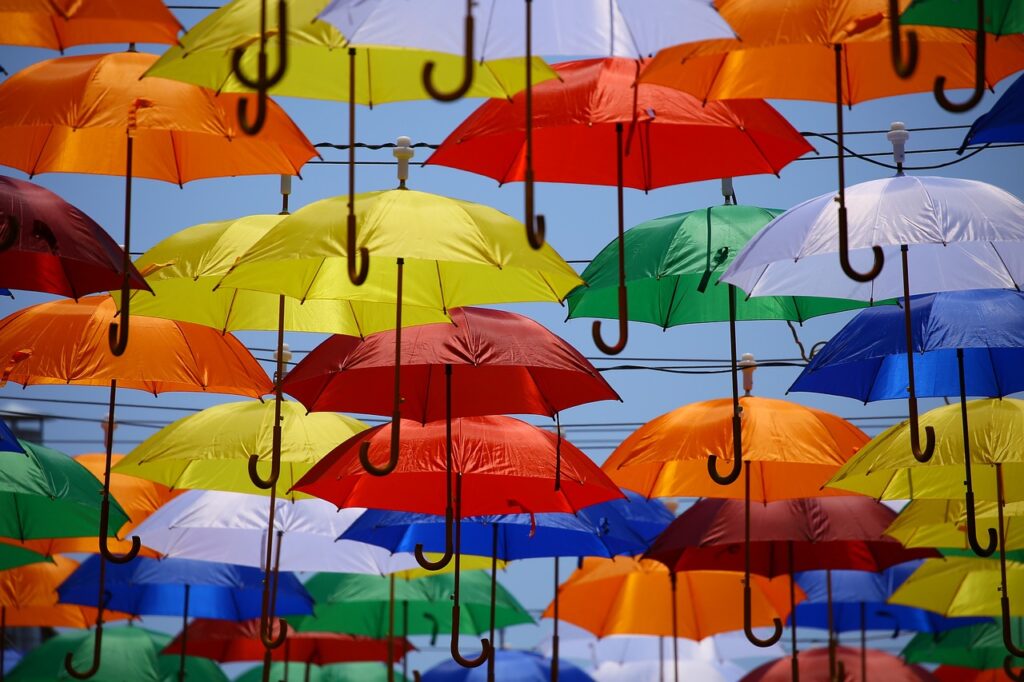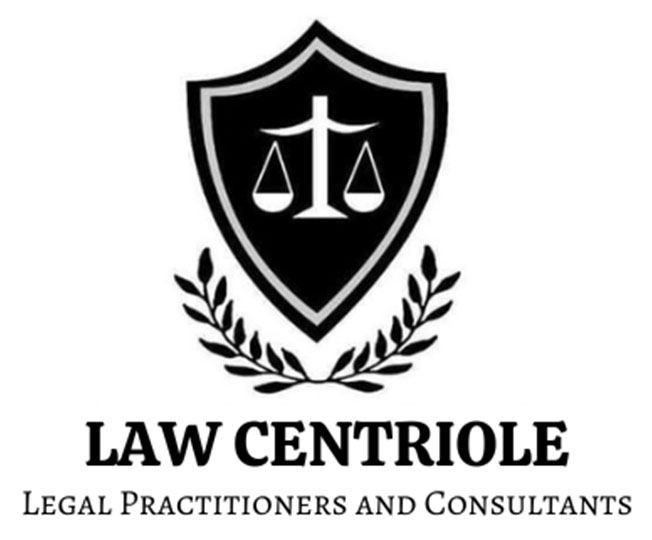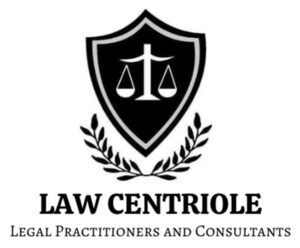
In the age of viral videos and social media stardom, creative expression can take unexpected forms. But what happens when a casual remark you make online explodes in popularity and inspires others, like being used in a song?
Can you, the accidental creator, claim intellectual property rights in Nigeria? Let’s delve into the fascinating world of intellectual property (IP) in Nigeria and explore the legal landscape surrounding such scenarios.
What is Intellectual Property in Nigeria?
Nigerian law recognises and protects different types of IP, including:
- Inventions: new devices, processes, or products that solve problems or improve existing solutions.
- Literary and artistic works: books, poems, songs, paintings, sculptures, films, and other creative works.
- Designs: the ornamental or functional features of an object, like the design of a chair, clothing, or a user interface.
- Trademarks: words, symbols, or logos that identify and distinguish the source of goods or services (e.g., Nike swoosh, Indomie logo).
- Trade secrets: confidential information that gives a business a competitive advantage (e.g., manufacturing process, customer list).

What Makes Something Intellectual Property?
For something to be protected as IP in Nigeria, it must meet three key criteria:
- Originality: It must be new and not copied from someone else.
- Creativity: It must involve some level of intellectual effort or skill.
- Tangibility: It must be fixed in a tangible form, like written down, recorded, or embodied in a physical object.
Can a Viral Statement Be Protected?
If someone makes a statement in a viral video that becomes popular, whether it originated from desperation or not, the question of IP protection arises. However, the statement can only be protected under copyright if it meets the originality, creativity, and tangibility criteria mentioned above.
Here’s how it breaks down:
Originality and Creativity: If the statement is a common phrase, saying, or idea, it likely won’t be considered original or creative enough for copyright protection.
Fixation: If the statement is only captured in the viral video without any written record or transcript, it might not be considered fixed in a tangible form.
Substantial Similarity: Even if the statement is original and fixed, only using a small portion of it in a song wouldn’t constitute copyright infringement.
A General Rule: Copyright typically protects original works of authorship with some degree of creativity fixed in a tangible medium. Statements lacking artistic intent might not meet this threshold.
Protecting Your Intellectual Property in Nigeria
Once you create something that qualifies as IP, ensure you take steps to protect it. This might involve:
- Copyright registration: Registering your work with the Nigerian Copyright Commission strengthens your claim to ownership and makes it easier to enforce your rights.
- Trademark registration: For trademarks, consider registering them with the Trademarks, Patents and Designs Registry to gain exclusive rights to use them commercially.
- Non-disclosure agreements (NDAs): Use NDAs to protect confidential information like trade secrets.
Seek Legal Guidance
Navigating intellectual property law in Nigeria can be complex. To ensure proper protection and address potential infringement issues, consult a qualified intellectual property lawyer for personalised advice.
Feel free to share this information using any of the buttons below.
Join the Law Centriole channel on WhatsApp to get early updates about new posts.

